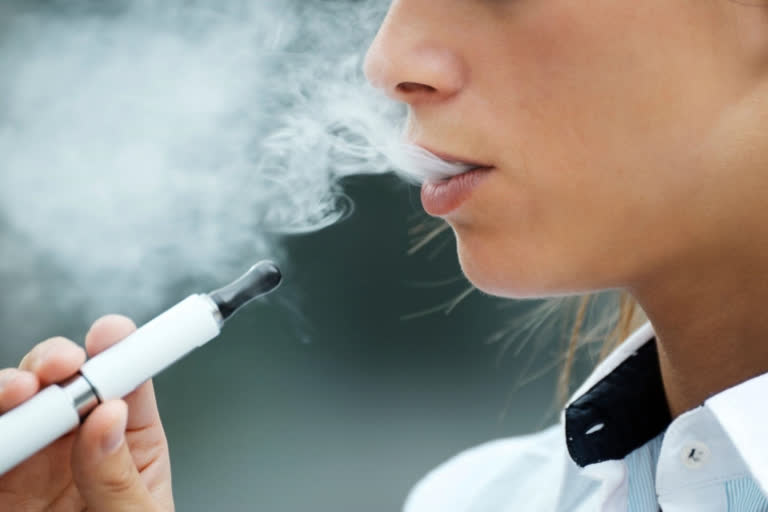Ontario [Canada]: Researchers from Western University's Schulich School of Medicine & Dentistry and Lawson Health Research Institute recently published a preclinical study that suggests vaping may have a deleterious impact on the pulmonary surfactant in the lungs. A vital layer in the lungs called surfactant, which is composed of lipids and proteins, lowers surface tension to enable humans to breathe easily. Without surfactants, breathing would be more difficult and require assistance from a machine. The study has been published in the PLOS ONE Journal.
"Vaping continues to be popular but not much is known about what happens with the aerosol when it enters the lungs," says Dr Ruud Veldhuizen, Lawson Scientist and Professor at Schulich Medicine & Dentistry. "We realized that the first thing the vapour aerosol comes in contact with in the lungs is a pulmonary surfactant, which is an area our team specializes in."
The research team was able to study the effects by placing a film of surfactant inside a syringe and, then using a vaping device to push aerosol into the syringe. This allowed the vapour to directly interact with the surfactant. The researchers then mimicked inhaling and exhaling vapour into the syringe 30 times to resemble a standard vaping session.
Also read: Study suggests molecular hydrogen for treatment of chronic pain
"In particular we were looking at the surface tension in the surfactant," explains Emma Graham, Master's student at Schulich Medicine & Dentistry. "After vaping, we saw high surface tension which suggests the surfactant would not be as effective at supporting proper lung functioning."
The team also examined different vaping devices, flavours, additives and nicotine to see if there were any differences in effects. "Nicotine didn't have any worse effects on the surface tension of surfactant compared to other e-liquids, but some flavourings like menthol e-liquid did," says Graham.
While his team intends to study this further, Veldhuizen says these findings could provide an indication as to why people who vape have a susceptibility to develop lung injury, including those with respiratory viruses such as COVID-19. "We would like to get this information out there so that people know vaping may be damaging to the lungs," says Veldhuizen. "As a next step, we hope to further investigate the effects of vaping on the lungs and how we can treat resulting injury." (ANI)



